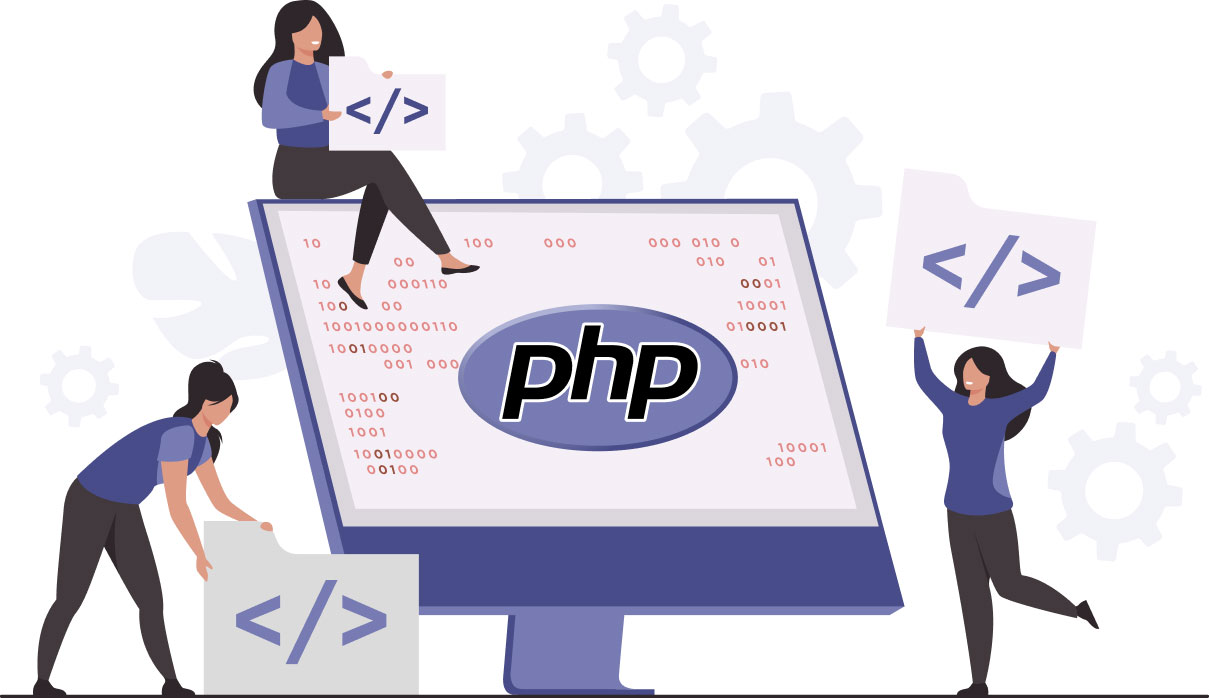Tube Rank: Your Guide to Video Success
Discover tips and insights for optimizing your video presence.
PHP: The Hidden Superhero of Web Development
Uncover how PHP powers the web! Discover the hidden superpowers of PHP and why it’s the hero every developer needs.
Why PHP is Still the Backbone of Modern Web Development
PHP remains an essential technology in the landscape of modern web development for several compelling reasons. First and foremost, its ease of use and accessibility make it a popular choice among both beginners and experienced developers. The language's syntax is simple and straightforward, allowing developers to quickly write server-side scripts and deploy dynamic web applications. Furthermore, with robust frameworks like Laravel and Symfony, PHP has evolved to support advanced features and best practices, ensuring that developers can build scalable and maintainable applications efficiently.
Moreover, the extensive ecosystem surrounding PHP cannot be overlooked. With a wealth of libraries, tools, and a vast community, developers have access to a plethora of resources that enhance productivity and facilitate rapid development. The language's compatibility with various database systems, particularly MySQL, alongside its ability to integrate with front-end technologies like HTML, CSS, and JavaScript, make PHP a versatile backbone for modern web development. In summary, the combination of its simplicity, robust frameworks, and strong community support positions PHP as a key player in the evolving landscape of web technologies.

10 Lesser-Known Features of PHP That Every Developer Should Know
PHP is a robust and versatile scripting language that offers a wide range of features not commonly known among developers. One of these lesser-known features is the Null Coalescing Operator (??), which allows you to shorten lengthy checks for variable existence. Instead of using the traditional isset() method to avoid undefined index errors, you can simply write $value = $input['key'] ?? 'default';. This operator efficiently simplifies your code, making it cleaner and easier to read while performing checks in a single line.
Another intriguing feature is the use of Anonymous Classes, introduced in PHP 7. This allows you to create classes without a name, beneficial for short-lived objects or when a full class declaration feels excessive. For instance, you can create an object with specific functionality on the go: $obj = new class { public function hello() { return 'Hello, World!'; } };. This feature encourages a more modular programming style, promoting better organization and reuse of code snippets in your applications.
How PHP Powers Dynamic Websites: A Deep Dive
PHP, or Hypertext Preprocessor, is a versatile scripting language widely used in web development for creating dynamic websites. Unlike static HTML pages that display the same content to every visitor, dynamic websites can generate content on-the-fly based on user interactions or other variables. For instance, when a user interacts with a website by submitting a form or logging in, PHP can process this data and generate personalized content. This flexibility allows developers to create more engaging and interactive user experiences, leading to greater user satisfaction and retention.
One of the key reasons PHP is so effective for building dynamic websites is its ability to integrate seamlessly with databases, particularly MySQL. This combination allows websites to store and retrieve data efficiently, enabling features like user registration, content management, and e-commerce functionalities. By utilizing PHP's built-in functions and frameworks, developers can create dynamic web applications that respond to user input while maintaining high performance and security. As a result, PHP continues to be a popular choice for developers looking to build robust and responsive web solutions.